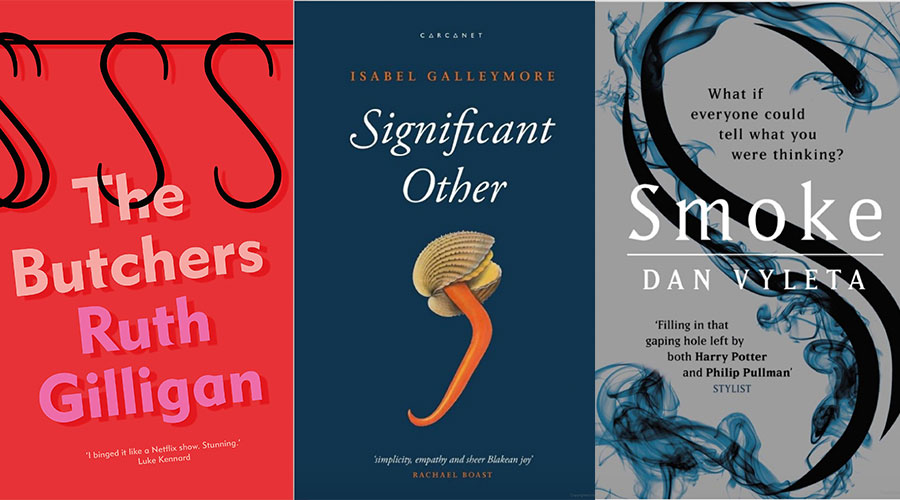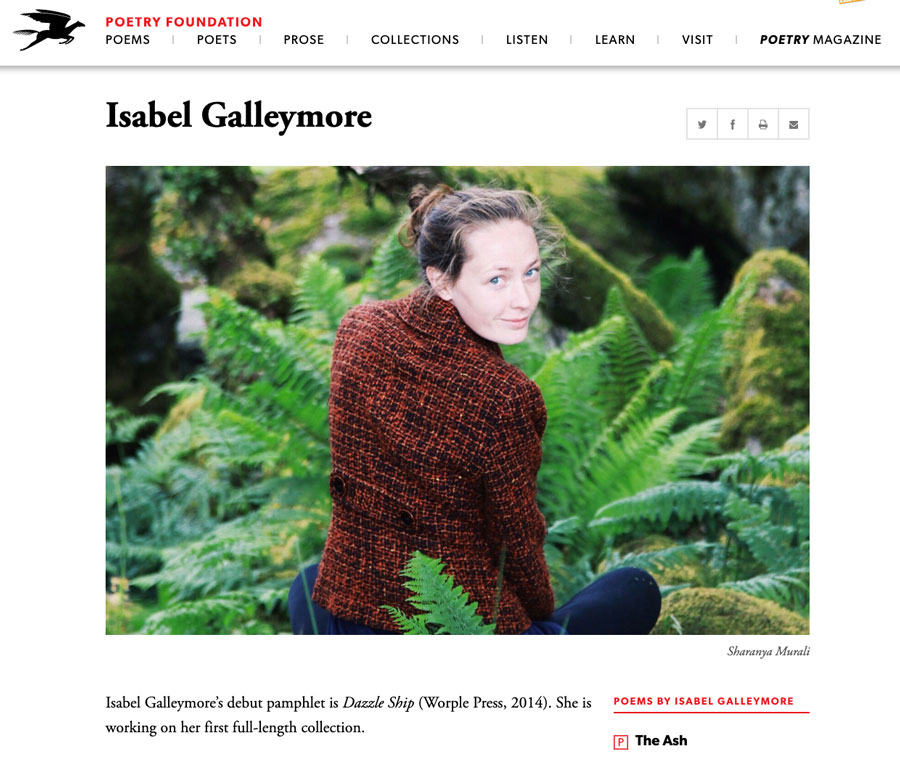1. Engage with literary culture
The first year of the course will ask you to think about what’s happening in the contemporary literary world. We do this by looking at the publishing industry, literary prizes, reviews and literary journals. The more you can familiarise yourself with the literary scene, the better. So you might want to start to follow publishing houses on Twitter and/or Instagram and keep up with literary prizes such as The Booker, The Forward Poetry Prizes, The Rathbones Folio Prize, The Sunday Times Short Story Award, along with any others that pique your interest.
You can also improve your understanding of the contemporary literary landscape by reading book reviews in major newspapers and on social media channels. Try these reviews to start you off:

Lastly, if you feel you have time, you could think about joining an online book club. Dr Anna Metcalfe (admissions tutor for creative writing) is currently taking part in the Translated Fiction Online Book Club.
2. Read widely
We all fall into patterns with our reading habits. We get sucked into a fantasy series or read the back catalogues of our favourite authors. But it’s still important to remember to try new things, and that means reading every genre, style and form you can get your hands on.
Read without borders. If you’ve never read a ghost story, for example, you could start with Henry James’s famous offering The Turn of the Screw, or look for more modern feminist tales, such as Matsuda Aoko’s ‘Smartening Up’. Or have you thought about eco-poetry? The University of Birmingham’s very own Dr Isabel Galleymore has a collection of poems all about the ways in which we engage with the natural world.

3. Start to learn from the pros
Watching or listening to interviews with celebrated writers is a great way to see how experienced and practising writers think and work. You can look for interviews with and talks by your existing favourite authors or try a few of the below to learn about something new:
- Anne Enright, interviewed by Andrew O’Hagan, talking about her new novel, Actress.
4. Write widely
Now that you’ve been reading some unfamiliar material, and hearing writers talk about how they’ve produced their own work, you might have a few new ideas. There are so many different kinds of writing, so many styles, forms and subject matters to encounter. This is a friendly challenge to write about something you’ve never written before, in a form you’ve not previously tried, be it a sonnet about daytime television, a radio-play about backseat driving, or a short story about garlic bread…
5. Seek feedback
When you’re trying new things, it can help to have someone else look over your work. It’s daunting sometimes, but all writers need readers to help them improve. It’s good to get into the habit of sharing your work with others. Maybe you can swap with a writer-friend, or give your piece to a family member, or post it online where others are able to comment. Feedback might be positive or negative, it might surprise you or be exactly as you thought, but however it comes it will help you to get a clearer idea of what you have on the page.
6. Flex your creative muscles
While we’re all staying in, it can be nice to flex a creative muscle or two. Here are some simple writing prompts that you might use in order to explore what it’s like to be living through times like these.
- Write a script for a short ten-minute film that could be filmed entirely on video chat. What kinds of narrative scenarios and opportunities could this present? And what challenges might writers face in trying to write a story this way?
- Take the idea of ‘confinement’ as your theme. What literary forms might be best suited to explore it? Would a short fragmentary form, such as flash fiction, be a good way of capturing the short attention span of an anxious population? Would the formal constraint of a villanelle help to express a sense of claustrophobia? Consider how you can use style and form, as well as content, to think through the theme.
- Keep a journal. This is a highly unusual situation and everyone will respond to it differently. Making a note of your thoughts and feelings each day may provide interesting material for a writing project later on. Be sure to include lots of detail—the little news stories that slip our attention, the parts of speech that reveal idiosyncratic anxieties and hopes when you talk on the phone. So much of good writing is about good observation and now is a great time to hone that skill.